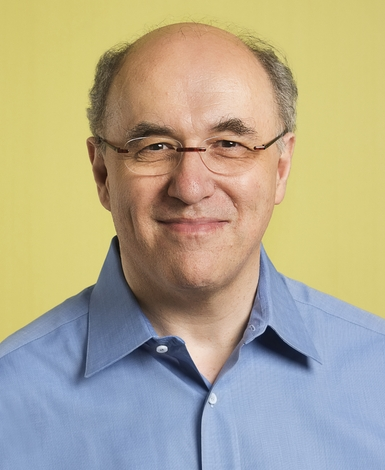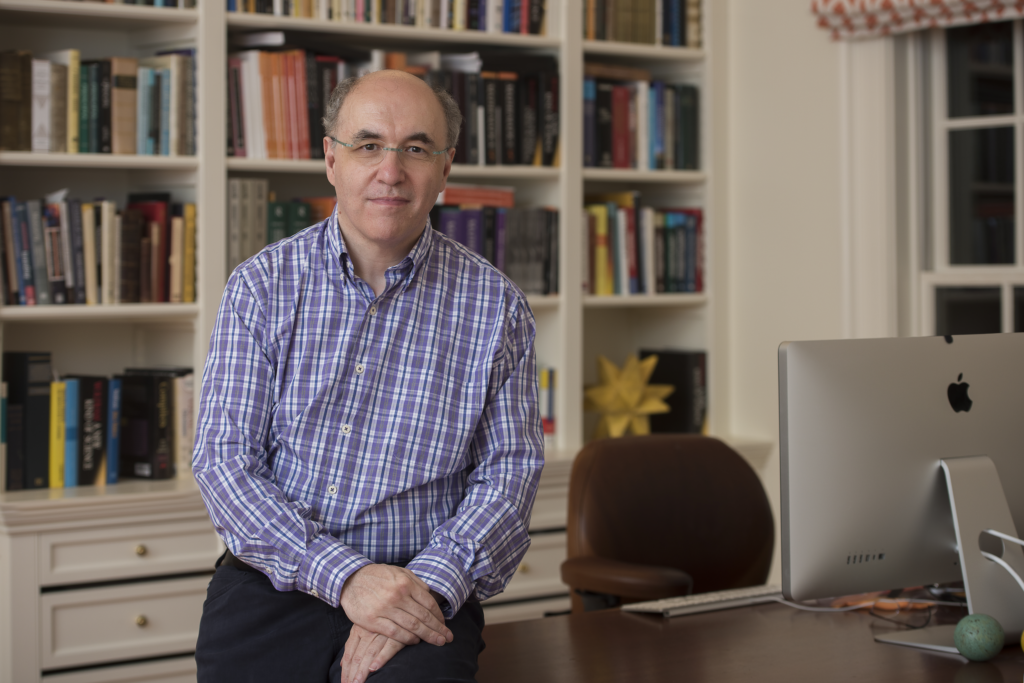In this series of posts, we’ll be featuring mathematical video and streaming channels from all over the internet, by speaking to the creators of the channel and asking them about what they do.
We spoke to Wolfram about their CEO Stephen Wolfram and his Twitch streaming channel.

Channel title: Stephen_Wolfram
Link: twitch.tv/stephen_wolfram
Topics covered: Science & Technology, Language Design, Business
Average stream length: 1 hour 15 min
Recommended videos:
What is the channel about, and when did it start?
Stephen’s channel is a broad attempt at transparency in software development (LiveCEOing is a series of actual livestreamed internal design review meetings), democratizing learning about computer science, technology, mathematics, physics and all things computational (his weekly Q&A series), and a behind-the-scenes look at scientific research and what’s possible now with modern computation (his Research working sessions), as well as special events/focus on certain areas he’s actively exploring.
Stephen began livestreaming about 5 years ago with internal software design meetings which he thought would be interesting. The livestreams turned out to be useful internally with the benefits of recorded meetings immediately available, instant feedback from users, and allowing for positive recruiting efforts to viewers who expressed interest. These livestreams help others understand what Wolfram Research does.
Once the pandemic happened, Stephen wanted to find a way to engage students and share his own knowledge as he enjoys interacting with them . He began the Science & Technology Q&A for Kids (and others) series which turned out to be a helpful exercise to clarify Stephen’s own thoughts. Stephen then added a Business, Innovation, and Managing Life Q&A series to explore business ideas and think abstractly about things in his own life. Here’s a collection of links to all of Stephen’s livestream series.
Who is the stream host?
Stephen Wolfram is the creator of Mathematica, Wolfram|Alpha and the Wolfram Language; the author of A New Kind of Science; the originator of the Wolfram Physics Project; and the founder and CEO of Wolfram Research. Over the course of more than four decades, he has been a pioneer in the development and application of computational thinking—and has been responsible for many discoveries, inventions and innovations in science, technology and business.

Who is the intended audience for the channel?
Anyone interested in computation, science or business – from students to professors, researchers to professionals. Stephen covers a wide range of topics in his weekly series, and many have underlying mathematical concepts he explores live in his responses to audience questions.
What is a typical video like?
The streams vary from “Live CEOing” – working corporate meetings – to “Q&As for kids [and others]”, to Live Coding Competitions, to streams, Q&As and working sessions focused on the Wolfram Physics Project. Stephen’s “day job” as the CEO of Wolfram Research keeps him heavily involved in the design and implementation of the Wolfram Language. As new functionality is “born”, you’re invited to see the process, ask questions, influence real-life software design and help name new functions!
You might see some new Wolfram Language function being tried out (often based on code that’s only days or even hours old). You might see a discussion about software engineering, or trends in machine learning, or the philosophy of science, or how to handle some issue of popular culture, or what it’s going to take to fix some conceptual bug. You might see some new area get started, you might see some specific piece of Wolfram Language documentation get finished, or you might see a piece of final visual design get done.
There’s quite a range of people in our meetings, with a whole diversity of accents and backgrounds and specialties. And it’s pretty common for us to need to call in some extra person with specific expertise we hadn’t thought was needed.
Occasionally, Stephen also livestreams special events (Celebrating 35 Years of Mathematica) and research working sessions to offer a behind-the-scenes look at scientific research and what’s possible now with modern computation.
Why should people watch? Why is it different to other mathematical video content?
Stephen’s livestreams provide insight and context, not from a book or curriculum, but actual real-life CEO and Physics-meets-Mathematics-and-Computation perspective.
What are some highlights of the channel so far?
Some favourites: